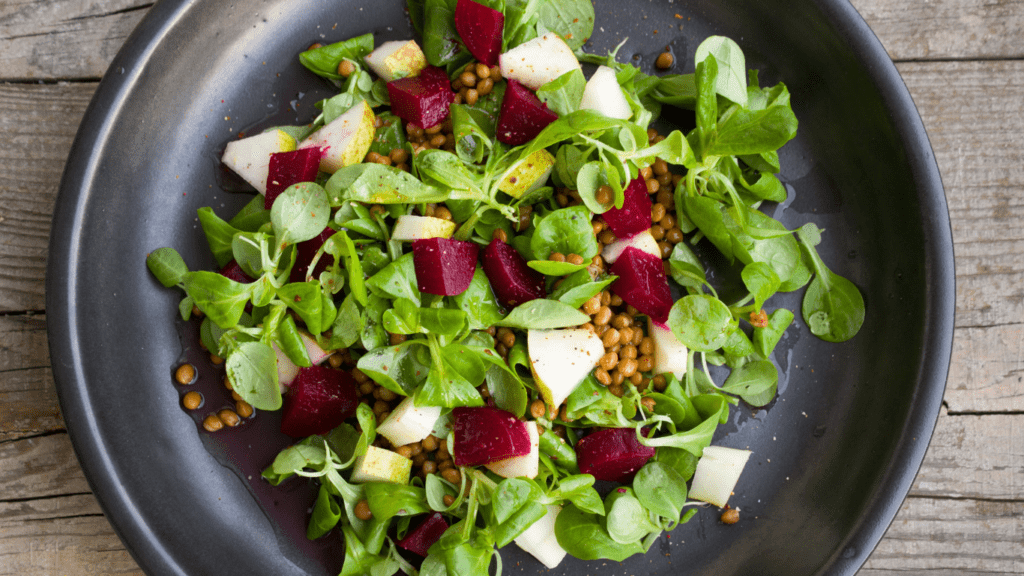As a pet owner, I’ve often wondered about the viability of vegetarian and vegan diets for our furry companions. The debate over the health benefits of these diets for pets continues to spark curiosity and concern among animal lovers. Are these plant-based diets truly nutritious and safe for our beloved animals?
Exploring the potential impact of vegetarian and vegan diets on pets’ well-being is crucial in making informed decisions about their nutrition.
While some argue that dogs and cats thrive on meat-based diets due to their carnivorous nature, others advocate for plant-based alternatives for ethical and environmental reasons. Understanding the implications of these dietary choices is essential for ensuring the optimal health and happiness of our pets.
Overview of Vegetarian and Vegan Diets for Pets
Exploring the viability of vegetarian and vegan diets for pets is a topic that sparks curiosity and concern among pet owners, particularly in the context of the health benefits these diets may offer to animals. Assessing the impact of plant-based diets on pets’ well-being is crucial for making informed decisions about their nutrition.
The decision whether dogs and cats, known for their carnivorous nature, should consume meat-based diets or transition to plant-based alternatives is a subject that elicits varying viewpoints. Understanding the implications of these dietary choices is essential for ensuring the optimal health and happiness of our beloved pets.
Pros and Cons of Vegetarian Diets for Pets
When considering vegetarian diets for pets, it’s important to weigh the pros and cons to make an informed decision about their nutritional needs.
Benefits of Vegetarian Diets
- Nutrient-Dense Alternatives: Vegetarian diets can offer nutrient-dense alternatives that provide essential vitamins and minerals for pets’ overall health.
- Weight Management: Plant-based diets can help in weight management for pets prone to obesity, promoting a healthier lifestyle.
- Potential Nutritional Deficiencies: Vegetarian diets may lead to potential nutritional deficiencies, especially in key nutrients like protein, taurine, and vitamin D that are primarily found in animal-based products.
- Digestive Issues: Some pets may experience digestive issues when transitioning to a vegetarian diet, such as gastrointestinal upset or intolerance to certain plant-based ingredients.
Pros and Cons of Vegan Diets for Pets
When considering vegan diets for pets, it’s essential to weigh the advantages and disadvantages to make informed decisions about their nutrition.
Benefits of Vegan Diets
- Nutrient-Dense Options: Vegan pet foods often contain a variety of vitamins, minerals, and antioxidants that can promote overall health.
- Weight Management: Vegan diets can help pets maintain a healthy weight due to lower calorie and fat content.
- Allergy Management: Some pets with food sensitivities may benefit from allergen-free vegan diets.
- Ethical Consideration: Choosing a vegan diet for pets aligns with ethical beliefs about animal welfare and reducing harm.
- Nutritional Deficiencies: Without proper supplementation, vegan diets may lack essential nutrients like vitamin B12, taurine, and protein.
- Digestive Issues: Pets transitioning to vegan diets may experience gastrointestinal disturbances due to dietary changes.
- Limited Availability: Finding a well-balanced vegan pet food that meets all nutritional requirements can be challenging.
- Veterinary Oversight: Consulting with a veterinarian is crucial to ensure that pets receive adequate nutrition on a vegan diet.
Health Considerations for Pets on Vegetarian and Vegan Diets
Exploring the health considerations for pets on vegetarian and vegan diets is crucial to ensuring their well-being. When transitioning pets to plant-based diets, it’s essential to monitor their health closely and address any potential nutritional gaps that may arise.
- Nutritional Adequacy: Ensuring that vegetarian and vegan pet foods meet all of their nutritional requirements is paramount. I recommend consulting with a veterinarian or pet nutritionist to formulate a balanced diet that provides essential nutrients such as protein, vitamins, and minerals.
- Protein Quality: While plant-based proteins can be healthy alternatives for pets, their quality and digestibility may vary. It’s essential to choose high-quality plant proteins and supplement them with amino acids like taurine and L-carnitine to meet your pet’s protein needs adequately.
- Vitamin and Mineral Supplements: In some cases, pets on plant-based diets may require additional supplements to prevent nutrient deficiencies. Supplements such as vitamin B12, iron, and omega-3 fatty acids may need to be incorporated into their diet to ensure optimal health.
- Digestive Adaptation: Pets transitioning to vegetarian or vegan diets may experience digestive disturbances initially. To help ease this transition, gradually introduce new foods and monitor your pet’s digestion to ensure they are tolerating the diet well.
- Regular Veterinary Check-ups: Regular visits to the veterinarian are essential to assess your pet’s overall health and nutritional status. A veterinarian can provide guidance on adjusting the diet as needed and monitor any potential health issues that may arise.
By prioritizing the nutritional needs of pets on vegetarian and vegan diets, we can promote their health and well-being while making ethical and environmentally conscious choices for our furry companions.


 As a dedicated helper in building Animal Potty Care, Bella MacCarthy brings her expertise in pet training and behavior management to the platform. Her hands-on experience with a variety of pets has equipped her with the skills to develop effective resources and solutions for pet owners. Bella plays a key role in curating content that helps pet owners navigate the challenges of potty training and behavioral issues, ensuring that the platform remains a valuable tool for improving the lives of pets and their owners.
As a dedicated helper in building Animal Potty Care, Bella MacCarthy brings her expertise in pet training and behavior management to the platform. Her hands-on experience with a variety of pets has equipped her with the skills to develop effective resources and solutions for pet owners. Bella plays a key role in curating content that helps pet owners navigate the challenges of potty training and behavioral issues, ensuring that the platform remains a valuable tool for improving the lives of pets and their owners.